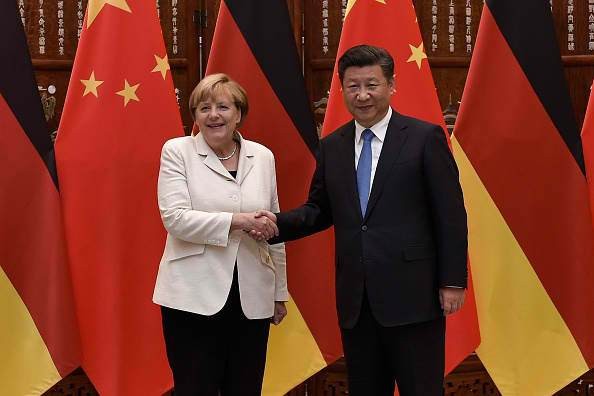Both leaders from China and Germany were optimistic that the relationship between the two countries will be promising but numerous challenges are facing them.
Li Keqiang said that there were "several uncertain factors" in the international political and economic scene.
Li added that Germany should join the world in safeguarding trade and investment liberalization. He also told Merkel that China will still support the European integration and will continue working with the European Union.
The Chinese premier also expressed that he is hoping that the west will stop investigating China's violations on anti-dumping policies, as agreed with the World Trade Organization in 2001.
Analysts, on the other hand, think that the relationship between China and Germany is headed to a downward spiral.
A senior fellow at the Center for Transatlantic Relations at Johns Hopkins University, Klaus Larres, wrote an article analyzing the relationship between China and Germany:
"The prolonged honeymoon between China and Germany has come to an abrupt halt. In Berlin awareness has grown that Beijing has moved from being an economic partner to a serious global competitor."
Many businessmen in Germany are complaining that foreign investors in China are not treated fairly. This has struck criticism among many foreign leaders as well.
Larres added, "What was once applauded as an emerging German-Chinese 'special relationship' has turned into a much less happy association, at least at the level of policymakers and leading industrialists."
Many are concerned that German companies are being bought by Chinese state owned and private enterprises, according to the expert. He reported that in 2016 alone, over 40 German companies were sold to the Chinese.
"Berlin became seriously concerned that important technological knowledge was being handed over to an ever-more aggressive economic competitor," he said.



























